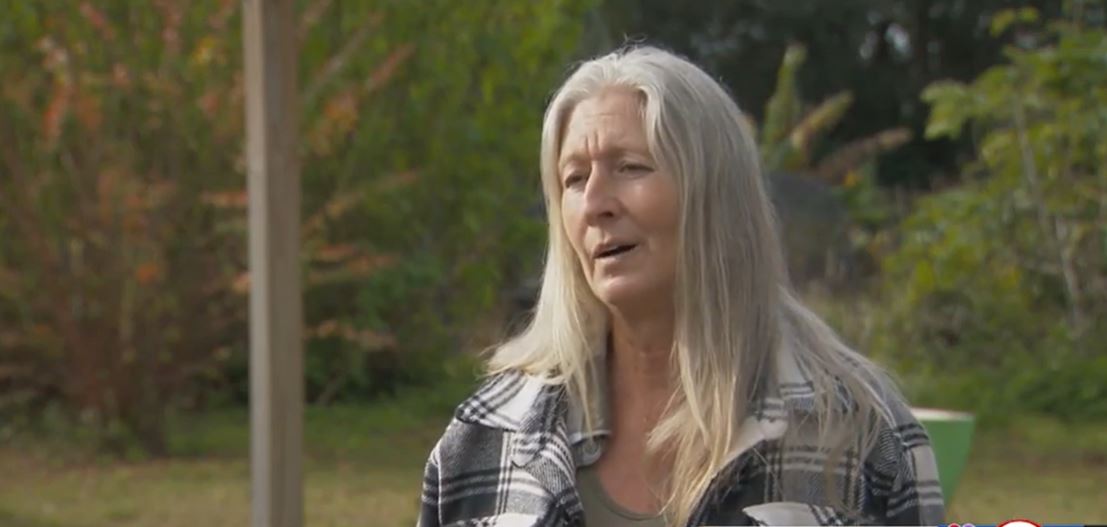Momma G farm teaching kids to plant their own food

A farm in Eustis is hoping to change the way the next generation eats by teaching them how to plant their own food. The nonprofit is run by Melissa Goltermann
By Sanika Dange
Click here for updates on this story
EUSTIS, Florida (WESH) — A farm in Eustis is hoping to change the way the next generation eats by teaching them how to plant their own food. The nonprofit is run by Melissa Goltermann, or Momma G, and her husband. It’s a labor of love that all began when they found a plot of land in Eustis.
“We found this property. It was for sale,” Melissa explained, “and it was just five acres of dirt.”
Melissa and John run the farm almost entirely by themselves, even clearing the land on their own.
“We bought it and just started clearing, you know, there was a lot of trash and stuff,” remembered Melissa.
Now, five years later, the 501(c)(3) farm is lush with edible plants, from ginger, lemongrass and turmeric sporting medicinal qualities to olives, pineapples, and figs. At the heart of it all, however, is the plant that started the passion to begin with: the Moringa tree.
“It’s funny,” said Melissa. “Because either the person knows all about it or knows nothing at all.”
According to the World Health Organization, the Moringa tree is often referred to as a “miracle tree” and a new “superfood.” In fact, it’s being used in third-world countries to supplement malnourished communities. The National Institutes of Health describes it as “rich in macro- and micronutrients and other bioactive compounds which are important for normal functioning of the body and prevention of certain diseases … Leaves, flowers, seeds, and almost all parts of this tree are edible and having immense therapeutic properties. Including antidiabetic, anticancer, antiulcer, antimicrobial, and antioxidant.”
It goes on to say the plant boasts “10 times more vitamins than carrots, 7 times more vitamin C than oranges, 17 times more calcium than milk, and 15 times more potassium than bananas. In addition, it helps to increase the blood antioxidant level and reduce the blood sugar level and sustained inflammation.”
“During COVID, you really saw how weak our immune systems were,” Melissa said. “The country just was ravaged by that virus, and by utilizing plants and keeping them in your diet, you’re strengthening your immune system and helping your body fight things. And so when you do get a cold, it’s only going to be a day or two instead of two weeks. The purpose here is to grow these plants and to teach other people how to do it and to improve their health. It’s always been a not-for-profit; it’s always been to give back.”
Plants range in price from $5 to $30, but all the profits go right back into helping care for the farm and hosting free educational courses on how to plant and care for these edible fruits, vegetables, and spices.
“We just teach the kids different things about growing plants, about paying attention to wildflowers. You know, we have a gopher tortoise here on the property. We teach them the importance of him and the ecosystem, how important he is. And just anything that we can do here on the property,” said Melissa. “I want them to walk away looking at the environment around them just realizing that there’s wild plants, there’s flowers, there’s things that they can, you know, add to their environment that are going to help them.”
Please note: This content carries a strict local market embargo. If you share the same market as the contributor of this article, you may not use it on any platform.